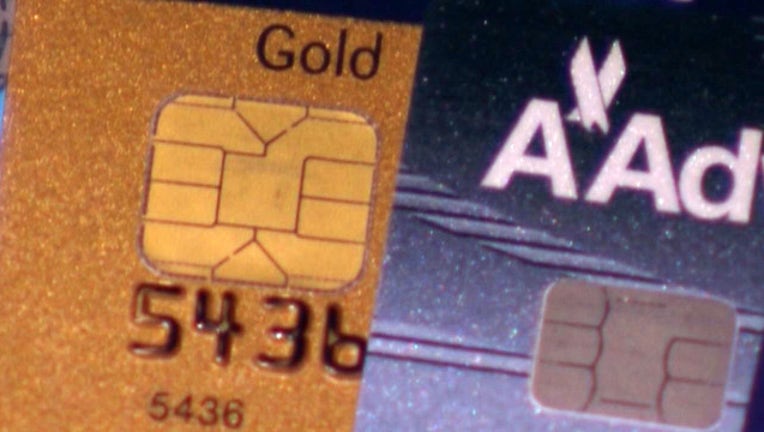The truth about that 'free' credit score

TAMPA (FOX 13) - The good news will arrive in your e-mail in-box: You're entitled to see your credit score -- on the house.
Increasingly, credit card companies, including American Express, Citi, and Chase, are offering card members free access to their credit score.
By all means, check it out. It’s free, after all. But don't put too much stock in that three digit number between 300 and 850 (or 830 in some cases).
Even though you'll only get one "free" credit score from your credit card company, you actually have many associated with your name.
ONE OF MANY
These scores, which might not be identical or available to you, are constantly changing. And deciphering them is virtually impossible.
First: There are three big credit bureaus. Chances are high that your credit score is different with each. Why? They might have different data on you as well as their own formulas.
Second: The free score the credit card company offers you as a perk might be different from the one a car dealer or mortgage broker sees.
When we apply for auto or home loans, lenders might re-calculate your credit score on their own. You march into the finance office with a printout saying you're a 725. Their numbers say 680.
You're both right.
That's because their score might put more weight on old debt, late payments, high balances versus what the credit card company provides. There's no way to know for sure. Those formulas are secret.
CREDIT REPORT MORE IMPORTANT
What's really going on -- universally -- is that creditors are assigning numbers to your credit history. Your file is what matters.
The score is nice to see. If it's free, go for it. But you really need to watch your credit report to protect yourself.
Get a copy of your credit history once a year -- that's free too. (And only get it here: http://www.annualcreditreport.com)
Look for errors and dispute them. Even small mistakes, such as medical bills, can tarnish your financial reputation.
And remember: your credit score drives more than just interest rates. Car insurance costs more when your credit is poor. Some companies won't hire you if your credit is bad.
Don't be lured into a false sense of security by a “free” score. You've got to get into the nitty-gritty -- your credit report -- to ensure your creditworthiness is accurate.

